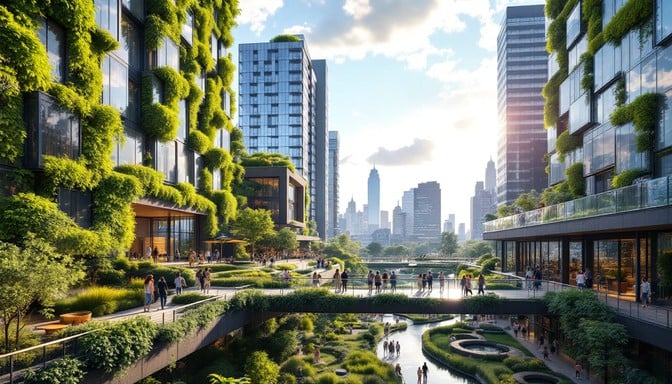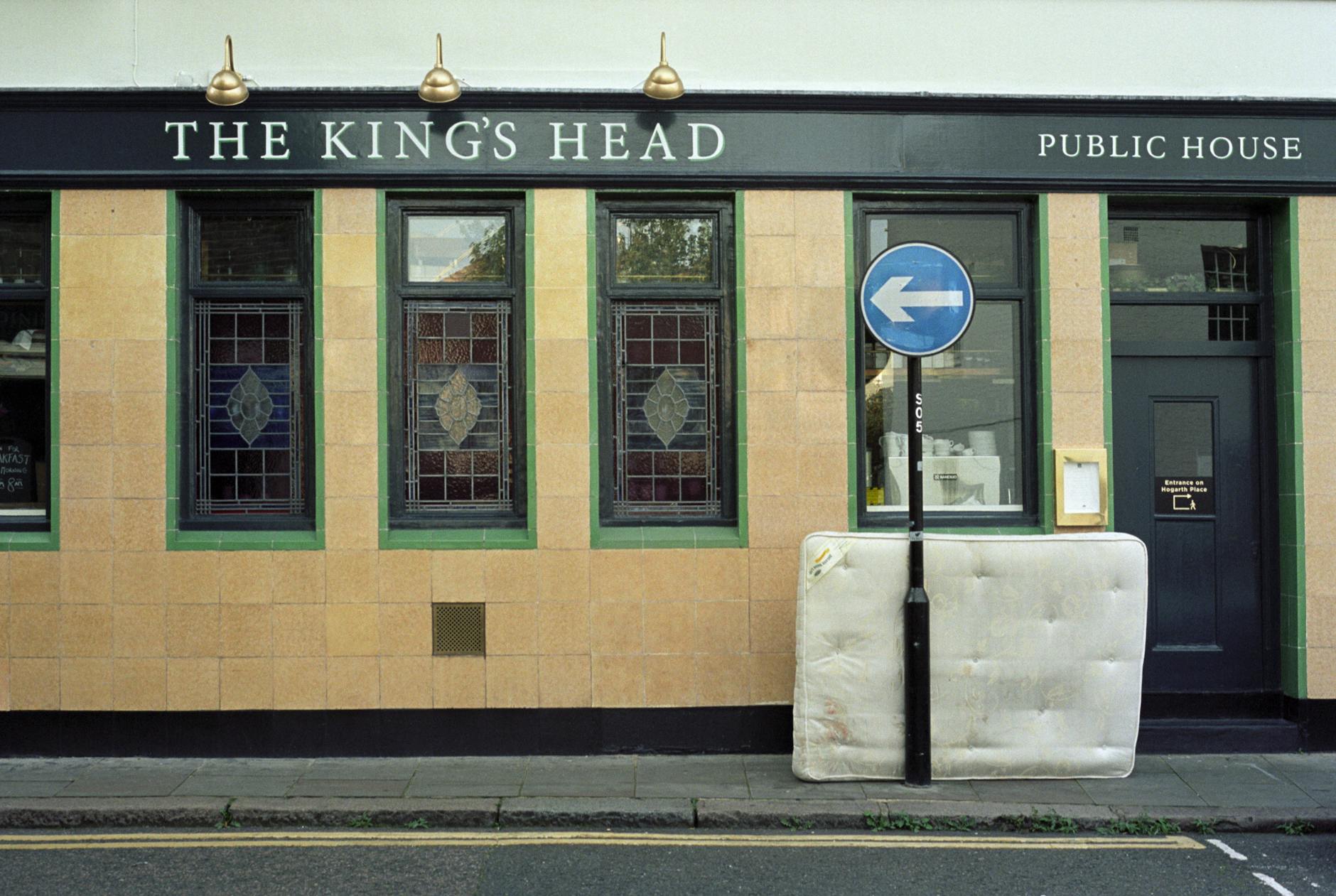Transform urban landscapes: how creating new green spaces and gardens today can revolutionize tomorrow
Picture this: a bustling cityscape punctuated by vibrant splashes of green amidst skyscrapers and asphalt jungles. It’s not just a dream but a realistic roadmap for an urban revolution through the creation of new green spaces and gardens. In a world grappling with urbanization’s growing pains, these green paradises are more than aesthetic features; they’re a beacon of sustainability, mental well-being, and community cohesion. Join us as we explore why creating new green zones is imperative and how it can transform urban environments for generations to come.

The Growing Need for Urban Green Paradises
The rapid rate of urbanization in the 21st century has left cities facing sprawling infrastructure, pollution, and dwindling pockets of nature. For every skyscraper built, another plot of green often gets sacrificed. Yet, how can urban spaces maintain their souls?
- Urban Heat Islands (UHIs): With densely packed structures, metropolitan areas face increased temperatures compared to their rural counterparts. Green spaces can help reduce temperatures by 2 to 4 degrees Celsius, offering natural cooling solutions.
- Combatting Air Pollution: Strategically planted gardens and green spaces can absorb pollutants, acting as the lungs of the city. Studies show a 40% reduction in nitrogen dioxide in neighborhoods with extensive tree coverage.
The Tangible Benefits of Green Spaces
Embracing green zones is not just about aesthetics; it’s a conscious step toward socio-economic balance and community wellness.
Boosting Public Health
- Mental Health: Gardens and parks provide psychological relief. Regular exposure to greenery has been linked to reduced stress levels and decreased symptoms of anxiety and depression.
- Physical Wellness: These areas encourage active lifestyles, such as jogging, cycling, and yoga, decreasing lifestyle-related health risks significantly.
Economic Upsides
- Property Value Surge: Elevated public spaces increase nearby property values, benefiting homeowners and municipal revenue alike.
- Tourism and Business Footfall: Attractive green spaces draw visitors, enhancing local businesses.
Mastering the Art of Creating Green Spaces
Analyzing the Terrain
- Assessing Community Needs: Every community has unique requirements. Using surveys to pinpoint what residents desire is a crucial initial step.
- Soil and Topography Study: Understanding the land’s natural assets and constraints is vital for sustainable growth.
The Blueprint for Green Environments
- Inclusive Planning: Engage local governments, architects, and residents collaboratively. Public engagement ensures buy-in and sustainability.
- Biodiversity Considerations: Select native species that offer resilience to local climatic conditions.
- Implement microhabitats to attract diverse wildlife.
- Use vertical gardens or rooftop planting in spatially constrained areas.
FAQs: The Green Queries
Q: Can cities afford the upfront costs associated with green space development? A: While the investment might seem daunting, the long-term savings in energy, health, and property value make it financially prudent.
Q: How do green zones adapt for modern climates?
A: By choosing climate-resilient plant species and incorporating technology for efficient irrigation and maintenance.
Q: How do these spaces balance the needs of different age groups?
A: Through inclusive design – creating zones for play, relaxation, exercise, and social interaction, ensuring usability for all.
Case Study: A Green Renaissance
Barcelona’s El Jardí Vertical used innovative vertical gardening methods on old buildings, turning dull facades into lush walls. This not only beautified the area but also improved air quality and provided tourists and residents with newfound charm.
Embracing a Green Future
Cities worldwide have the potential to metamorphose their landscapes into paradises of productivity and sustainability through the creation of new green spaces and gardens. This is not just an opportunity; it’s a necessity. As stewards of our urban future, let us walk the green path, planting seeds today for a thriving, verdant tomorrow. Join the green movement, and be the change your city needs.
The onward journey involves collaboration, vision, and unwavering dedication to transforming urban landscapes into sustainable sanctuaries. By adopting this blueprint, you can help unlock your city’s full potential in its transformation, ensuring a healthier, more prosperous future for every generation to come.















